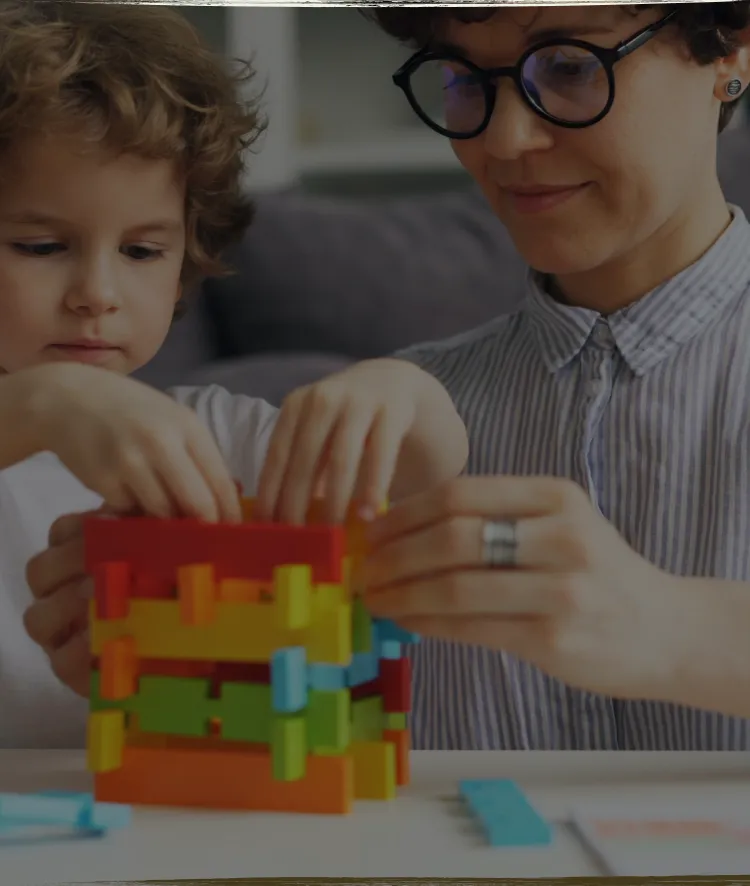At-Home-based ABA therapy in North Carolina
Experience personalized at-home ABA therapy care that meets children on the autism spectrum where they feel safest.
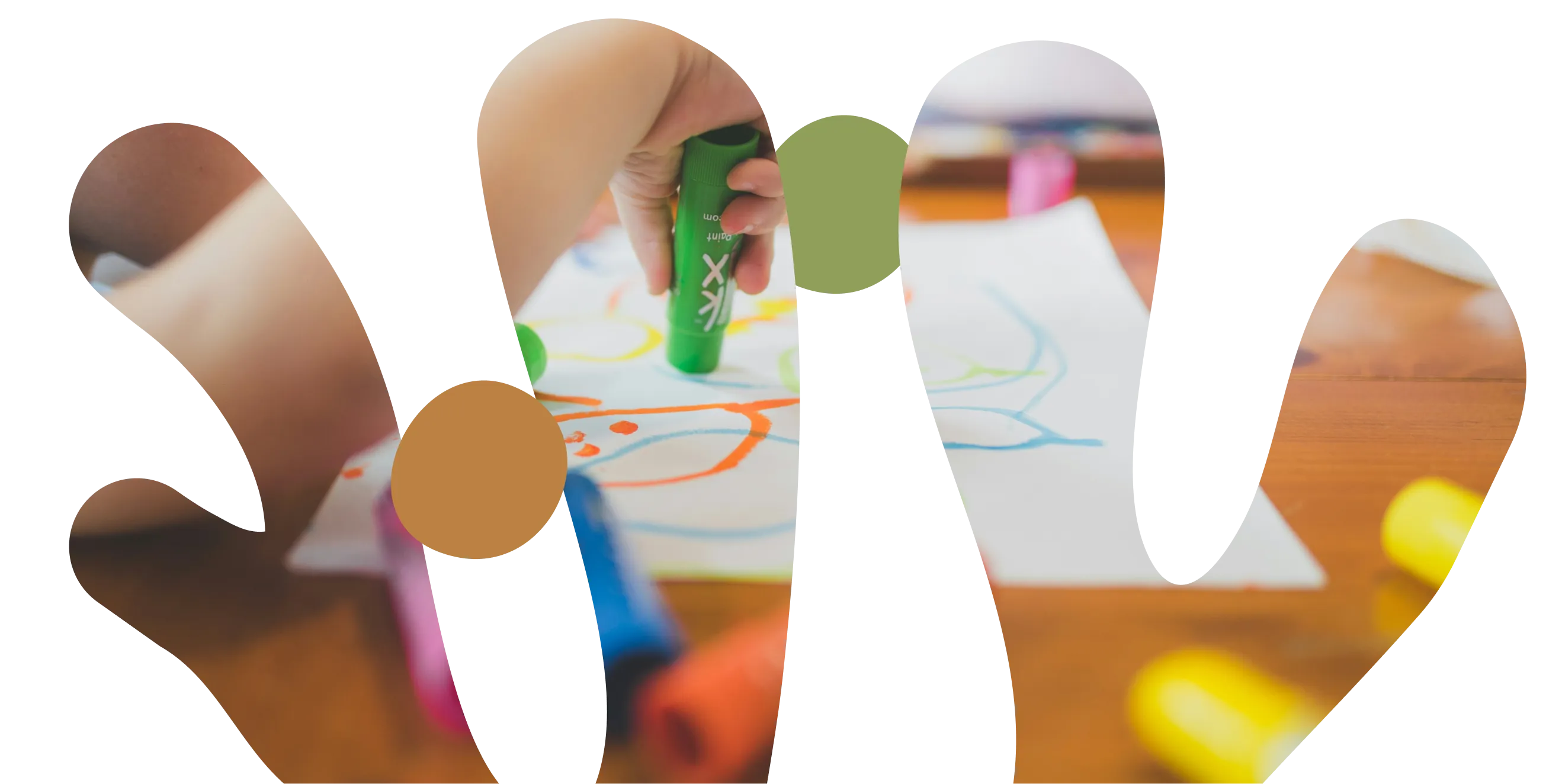

Start At-Home ABA Therapy Today
Our dedicated care team will connect with you to support your family at every stage of the at-home ABA therapy process.
Familiar spaces, meaningful progress
Home is where children feel most at ease, and that comfort can be a powerful tool for learning. Our home-based ABA approach brings expert guidance directly to your family, weaving therapy naturally into your daily routines with flexible scheduling that ensures care fits your life. With BCBA supervision, each session is tailored to your child's unique needs, helping them build skills and confidence in their most familiar environment.
Development of new skills in the comfort and familiarity of home
Practice of everyday routines like mealtime, play, and hygiene with real-world relevance
Consistent, high-quality care with direct BCBA oversight and family collaboration

Why at-home care works
Giving Growth’s home-based ABA therapy for autism are designed to provide personalized care in the comfort of your own home. Each session is supervised by a Board Certified Behavior Analyst (BCBA) to ensure the highest quality of service.
74%
44%
50%
47%

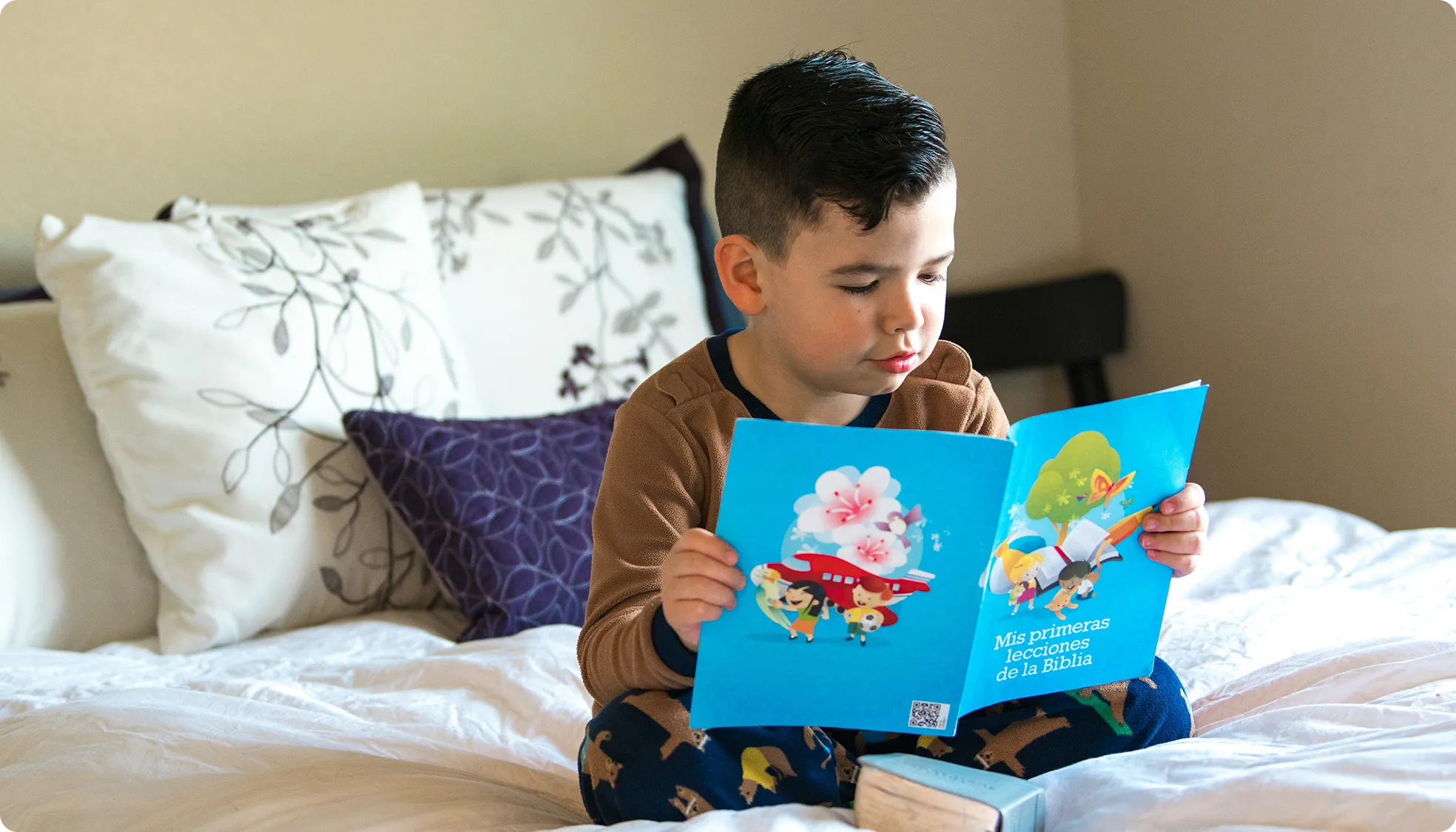

Growth stories from our community
"Giving Growth made everything clear, from insurance to expectations. After a few months, David has made amazing progress with communication and transitions. The team is so welcoming, and they keep us involved in every step."
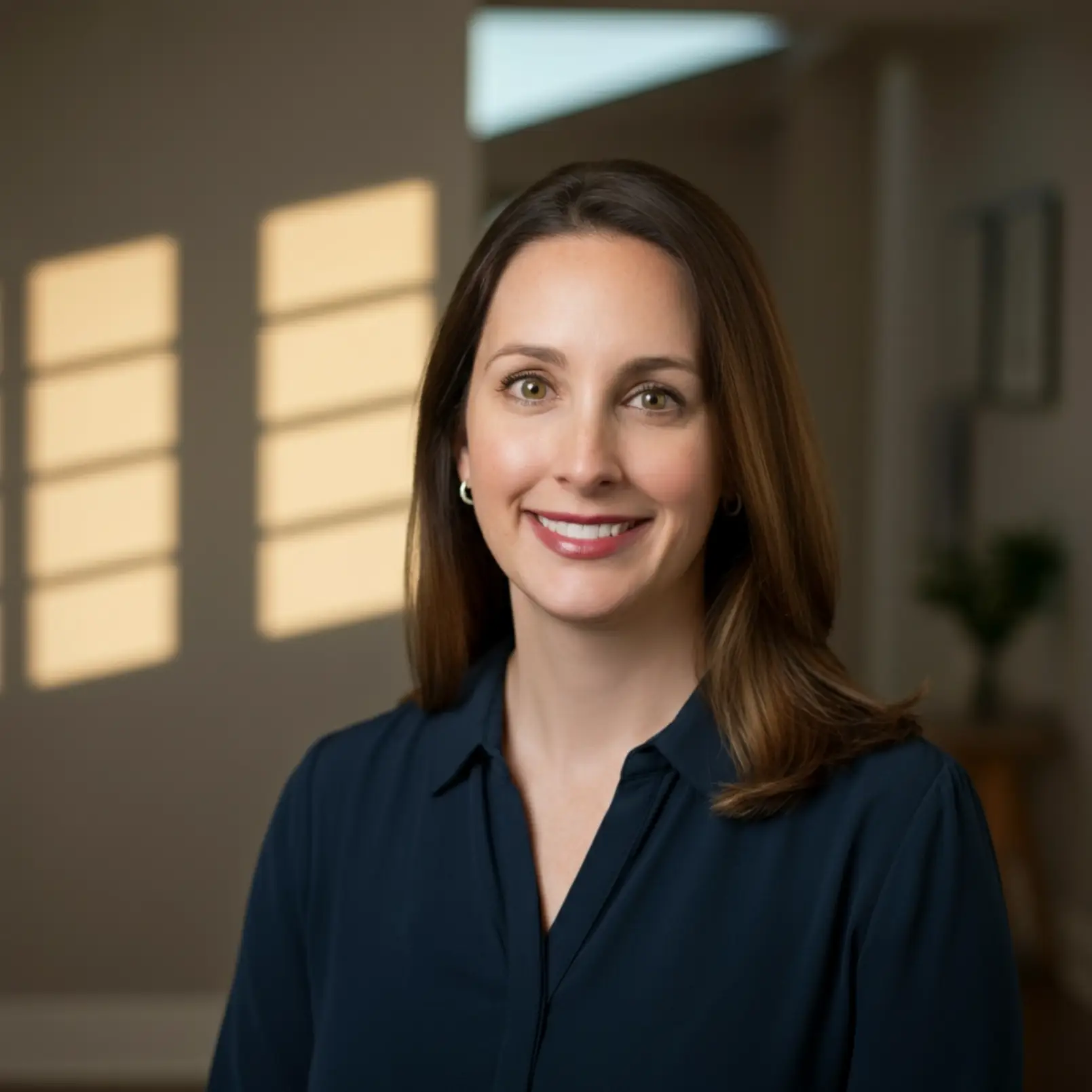

"When we started six months ago, Emma barely spoke and struggled with daily routines. Now she’s asking for what she needs and even playing with her brother. The in-home approach works perfectly with her schedule."
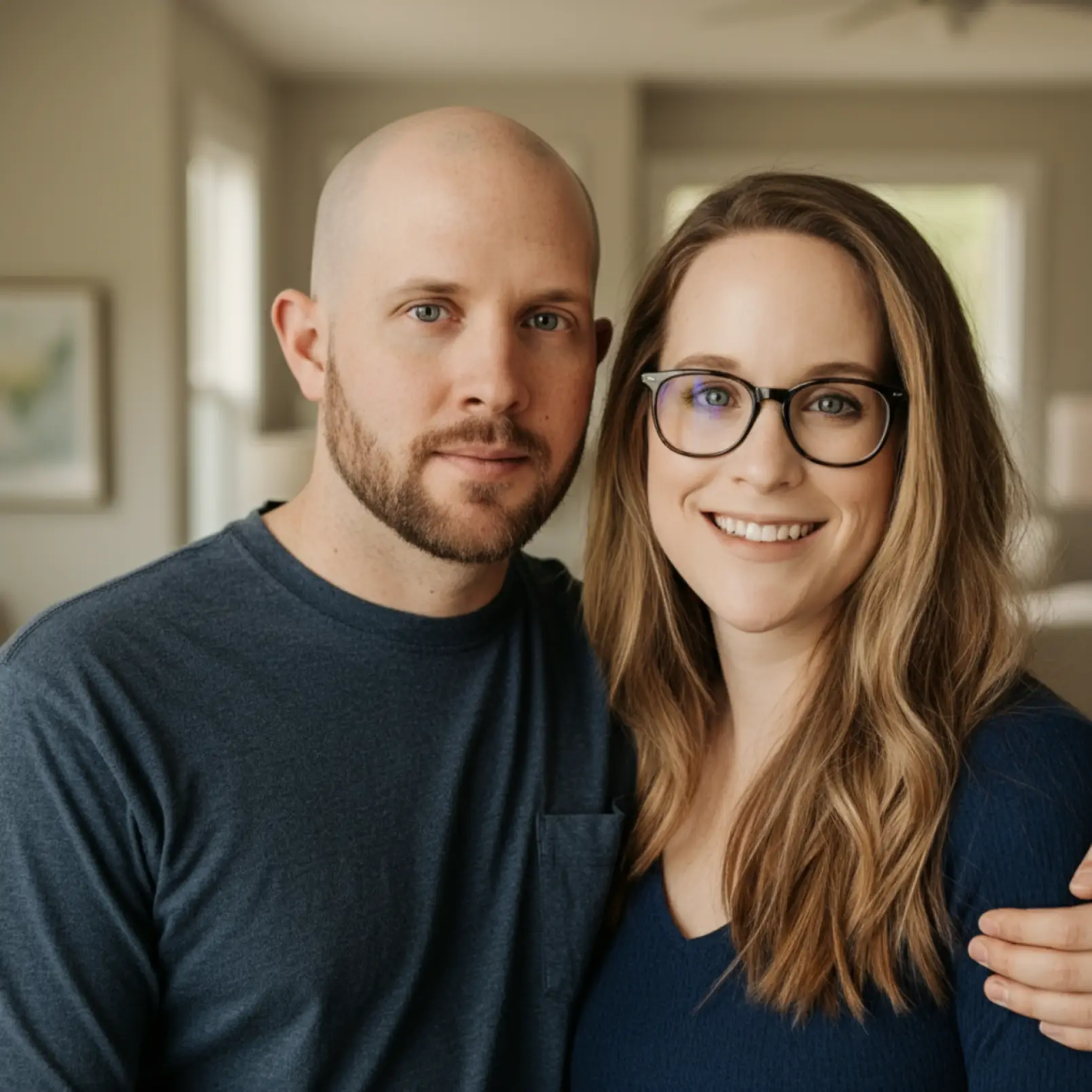

FAQs
All you need to know about our home-based ABA therapy services in North Carolina.
A trained ABA therapist visits your home to help your child build skills in communication, play, and daily routines. Each plan is designed by a BCBA.
At-home therapy takes place in your child’s natural environment, making it easier to practice real-life skills and involve family members.
Children as young as 18 months through adolescence can benefit from in-home ABA therapy.
Every ABA therapist is directly supervised by a BCBA who monitors progress and adjusts goals as needed.
Parents can reinforce therapy strategies between sessions, participate in caregiver training, and provide consistency for their child.
Families can support ABA therapy at home by following a treatment plan designed by a BCBA. While parents can reinforce strategies, professional ABA therapists are trained to deliver structured sessions that lead to long-term success.
Parents can learn ABA strategies, but ABA therapy should be guided by a BCBA and delivered by trained therapists. This ensures the therapy is safe, effective, and based on evidence. Parents play an important role in reinforcing skills between sessions.
Parents are encouraged to observe, ask questions, and participate in caregiver training. This helps parents learn strategies to use throughout the day so therapy continues beyond sessions.
Session length depends on the child’s needs and insurance authorization. Most in-home ABA sessions last 2–4 hours, several days per week.
Without insurance, in-home ABA can be expensive, costing thousands of dollars each month. At Giving Growth Therapy, services are fully covered by insurance, so families pay no out-of-pocket cost.
Parents can use strategies like visual schedules, positive reinforcement, and structured routines. However, professional ABA therapy provides the most effective support. We train caregivers to use evidence-based techniques in daily life.
At-home therapy focuses on practicing skills where your child lives and plays. Clinic therapy offers a more structured environment. Many families use a combination of both settings for the best results.
Still have questions?
Get in touch for more information.

